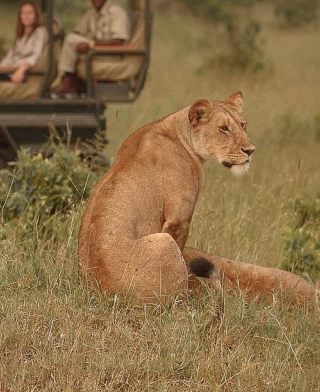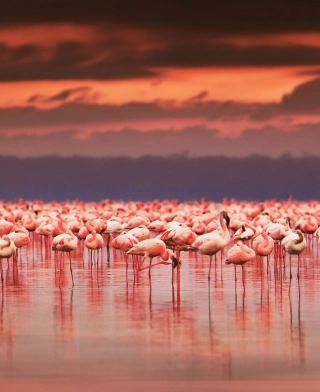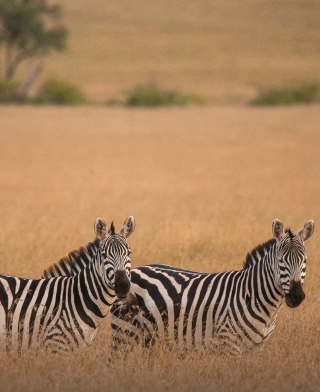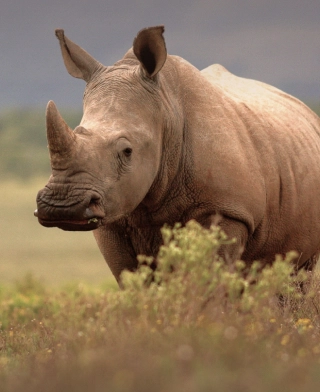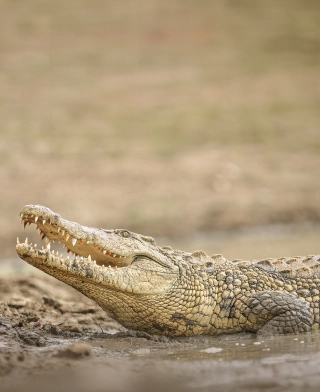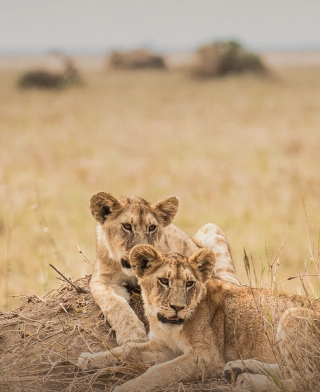
Lake Eyasi
Authentic African tribes still living in the wilderness
Lake Eyasi is a picturesque creation of the Great Rift Valley. The lakeshore is a home for Hadza and Datooga tribes, absolutely different from each other. Hadza people were nomads in the past, they were living by hunting and gathering and little by little they had settled in this region. Their skill of survival in a wild world is extremely high and, of course, the ability of archery exceeds all expectations. In their turn, Datooga people, in contrast, always occupied with the cattle-breeding and land farming. They were drove to Lake Eyasi by other tribes who had better weapons and numerical preponderance. Being far away from the developing world, Hadza and Datooga people left in a wild state and could retain their way of life. And now, due to this fact, we can plunge in the atmosphere of the primal African life and even go hunting with tribes.
Lake Eyasi
Local areas have poor vegetation that big antelopes need for a livelihood, therefore there are not predators as well as lions, leopards and cheetahs. That is why this place became a good and safe home for small-size animals, such as mongooses, porcupines, hyenas, baboons, wart-hogs, jackals, caracals, genets, waterbucks, dwarf antelopes and vervet monkeys and also for many species of birds.

Interesting Facts about Lake Eyasi
The Hadza tribe have been calling Lake Eyasi their home for over 10,000 years. They are still faithful to their traditional way of life and continue hunting and gathering various kinds of fruits and honeydew honey. You would hardly want to miss out on a chance to visit their community. You might even have an opportunity to learn how they shower with a monkey bone, as well as plenty of other interesting peculiarities of their lifestyle. Women and men of the Datoga tribe have preserved the worship cults of ancestors and spirits. They perform rainmaking rituals, healing magic. The extent to which all their customs and traditions have been preserved is simply amazing. It is no accident that researcher groups rush eagerly to see the ancient African ceremonies that are preserved amidst the invading civilization.
Lake Eyasi Photography
Tanzania Safari Tours through Lake Eyasi
Safari in Other National Parks
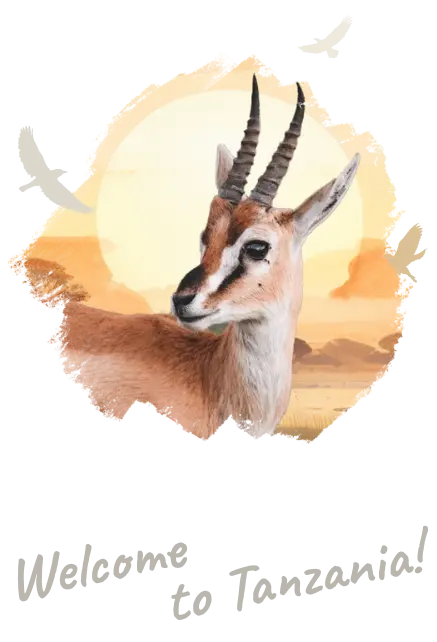















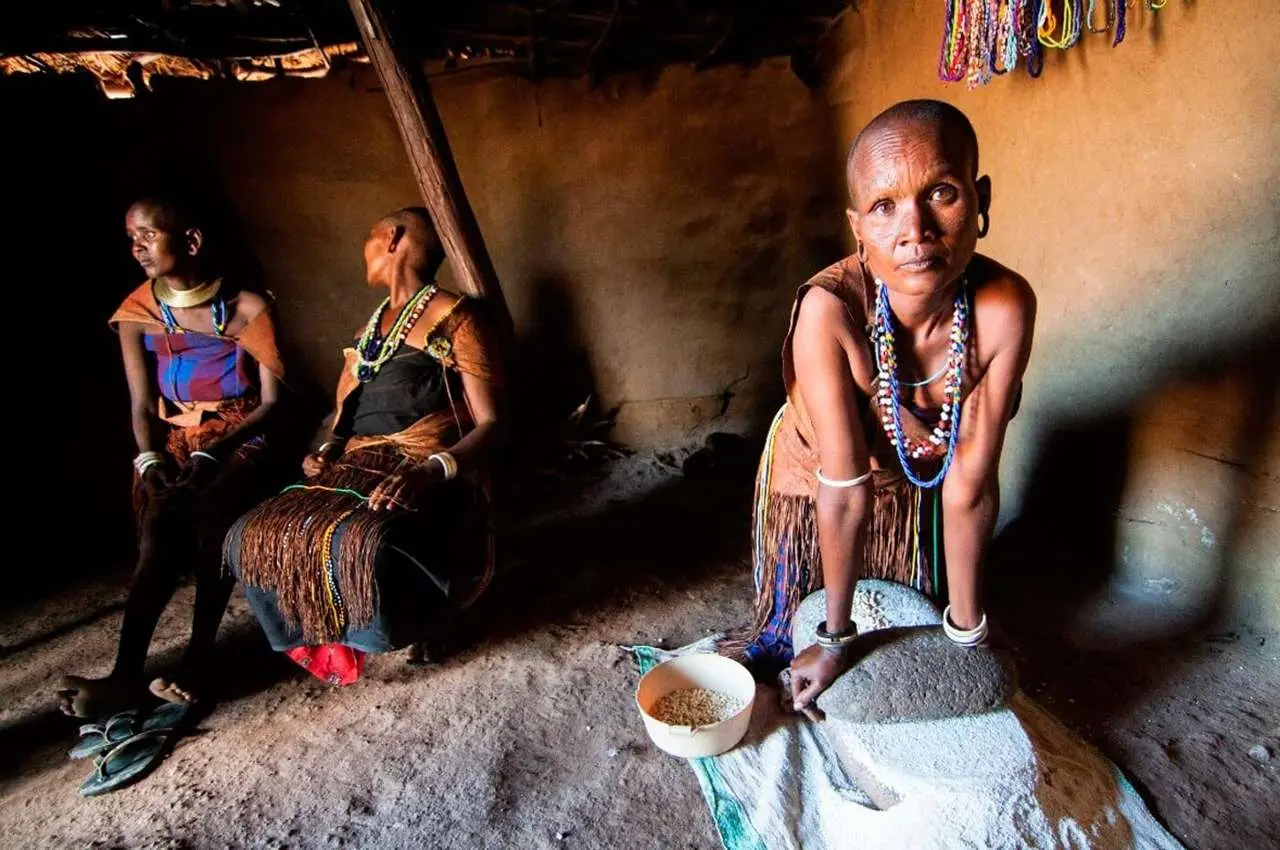
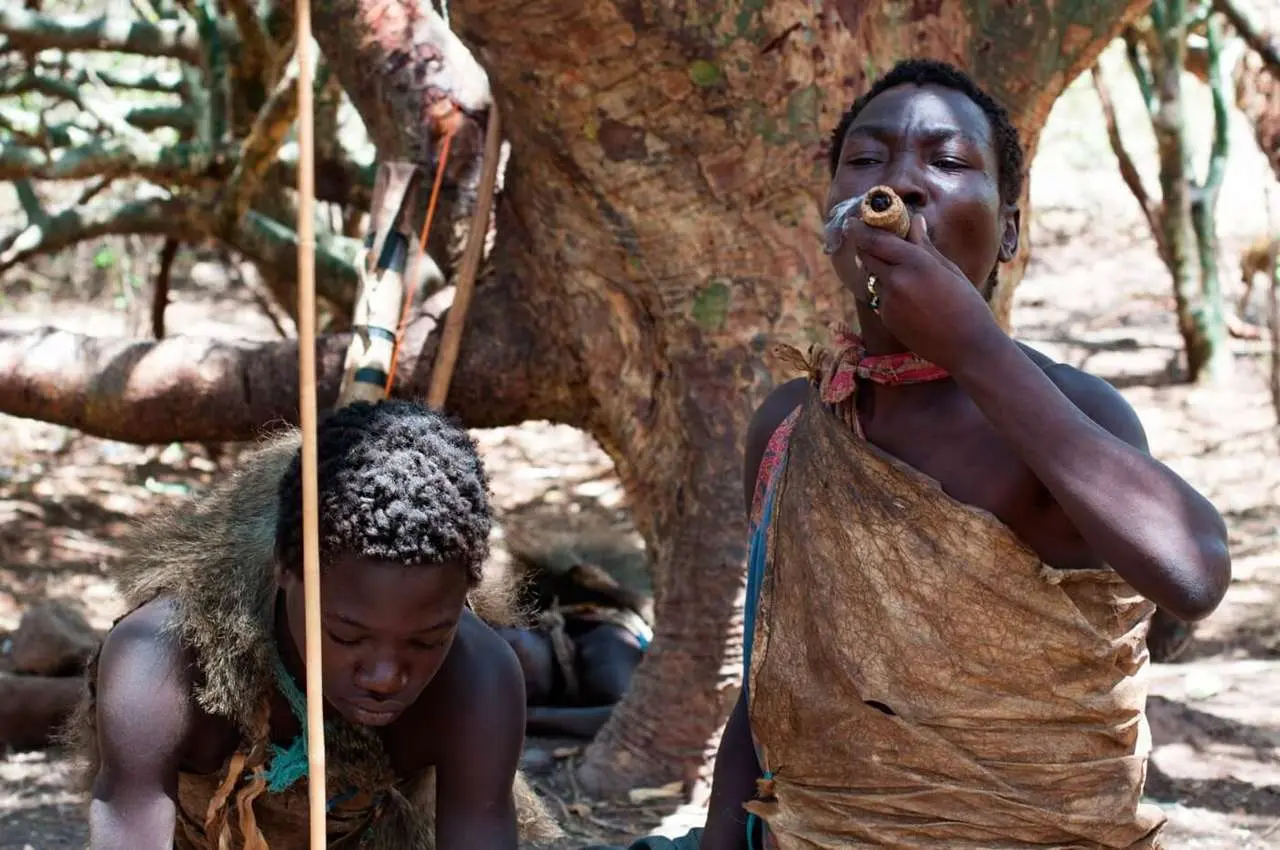
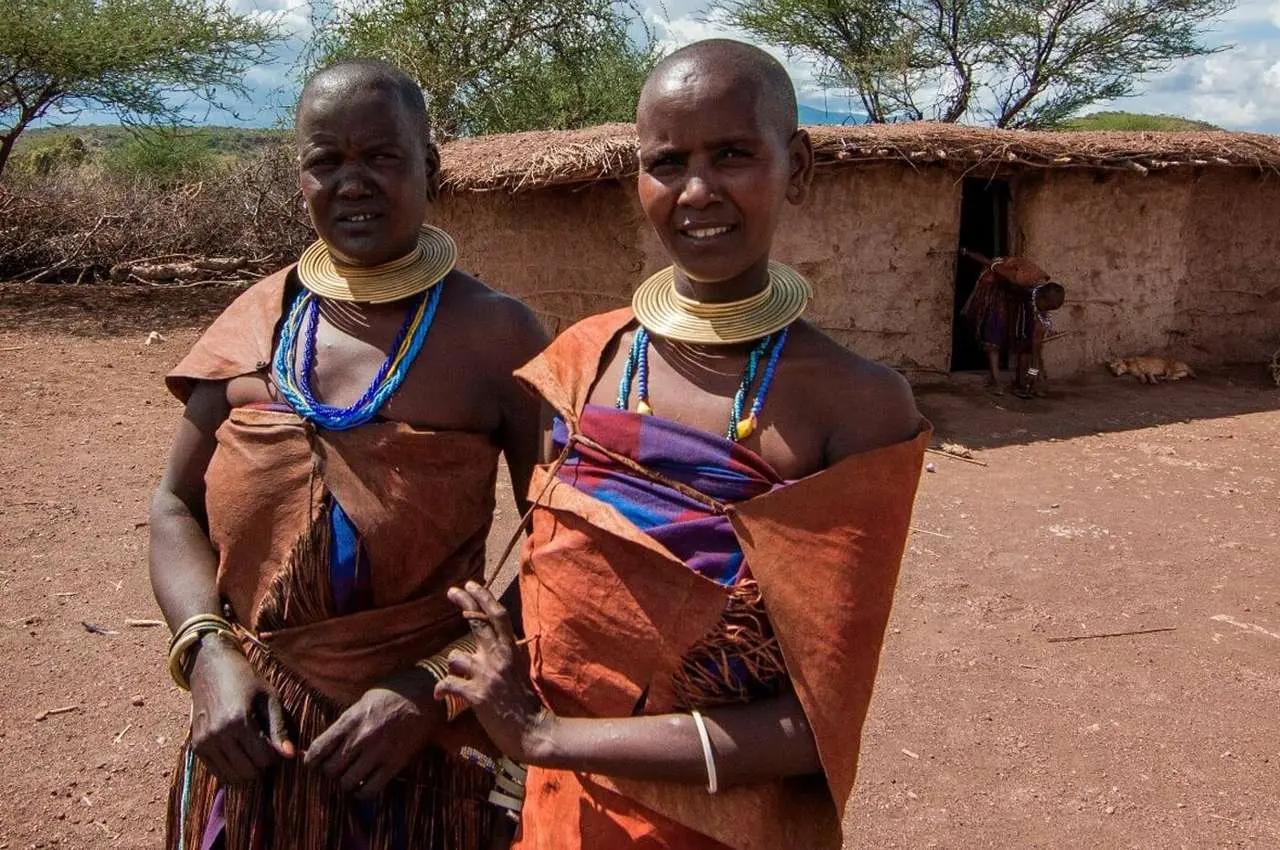

 View All Safari Tour
View All Safari Tour 